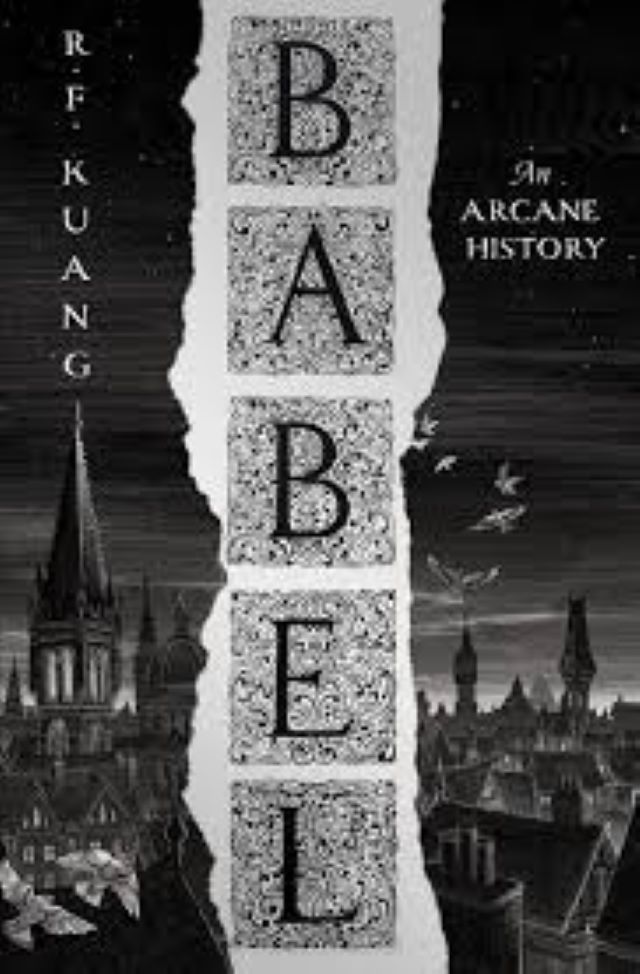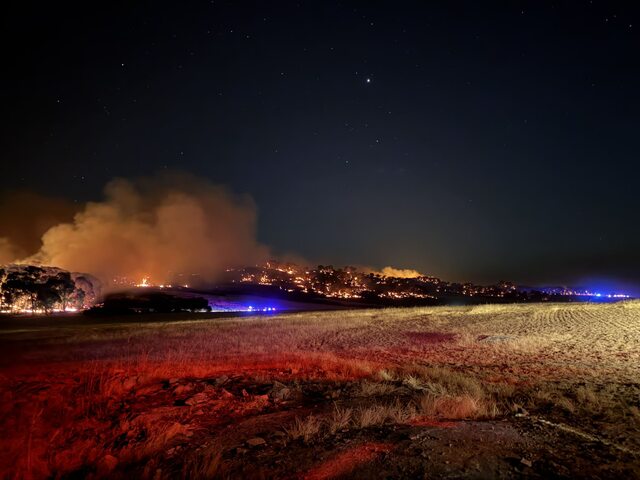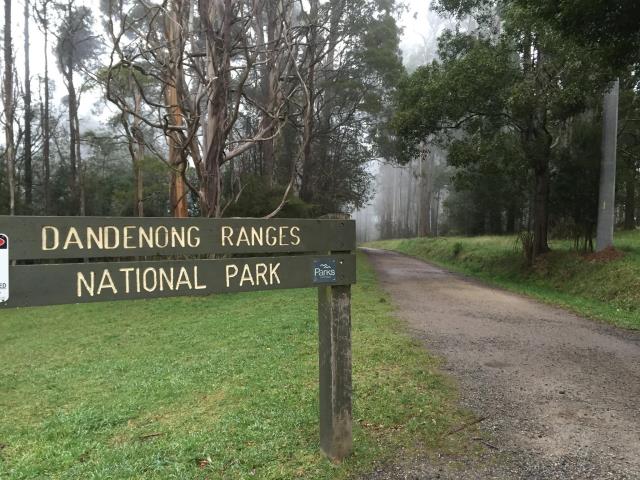A review of Babel by R.F. Kuang
The full title of American author R.F. Kuang’s 2022 Nebula Award-winning fantasy novel is “Babel, or the Necessity of Violence: an Arcane History of Oxford Translators’ Revolution”. The book won the 2023 Locus Award for Best Fantasy Novel and was named the 2023 Fiction Book of the Year by the British Book Awards.
Babel is set in an alternative-reality 1830s England, when the British Empire’s global economic and colonial supremacy is at its peak. The story follows Robin, an orphan from Canton who is taken to London to study languages and the art of translation. He enrols in the Royal Institution of Translation, nicknamed “Babel”, in Oxford.
At Babel, Robin and his friends – Ramy, Letty and Victoire – study a wide range of classic and contemporary languages and fully immerse themselves in the joy of pursuing knowledge and academic excellence. The in-depth depiction of their research and the evolution of their friendship is both exhilarating and heart-warming.
However, Robin soon discovers Babel’s real function is to cultivate translators from various colonies so that they can facilitate the British Empire’s dominance over them. An even more important contribution the foreign-born translators are expected to make is to the “silver working”, the making of magical silver bars that solidify Britain’s status as a leading imperialist nation.
Specifically, translators like Robin are trained to capture what is “lost in translation” between words in different languages that have similar, but not identical, meanings. The power harnessed from that subtle difference is then manifested in enchanted silver bars, which not only boosts industrial and agricultural production but also enhances weaponry, heals injuries, and more. The author’s illustration of Robin’s inner conflicts is candid, intricate, and empathetic. As much as he desires a comfortable life in his adopted country, he is deeply troubled by what he sees there – not just the pervasive poverty, unemployment and general distress caused by technological advances, but also the exploitation of the poor by the rich, powerful elite.
Worse, as Robin witnesses the British’s contempt against the Chinese, and further learns the Empire’s plan to launch a war and force China into accepting free trade and opium, he becomes convinced that violence is necessary in the preservation of peace. But how can a handful of students counter the whole mighty Empire?
Babel is a controversial book, with readers either embracing it or criticising its writing as being “didactic and lecturer-y”. There is no doubt that those enthralled by action-packed, fast-paced thrillers will find the book “disappointing” and “slow”. Yet, for the patient and inquisitive eye, the meticulously researched and splendidly crafted story is heart-achingly beautiful.
Meanwhile, the book’s other commendable features include its memorable characters – especially how their motives and goals are shaped by their backgrounds – and the extensive use of footnotes. The latter is particularly enticing, as the notes successfully merge the historical with the speculative, creating a fantastical world where the heroes’ quests – some admirable while others pitiful – become our own.
Highly recommended.







